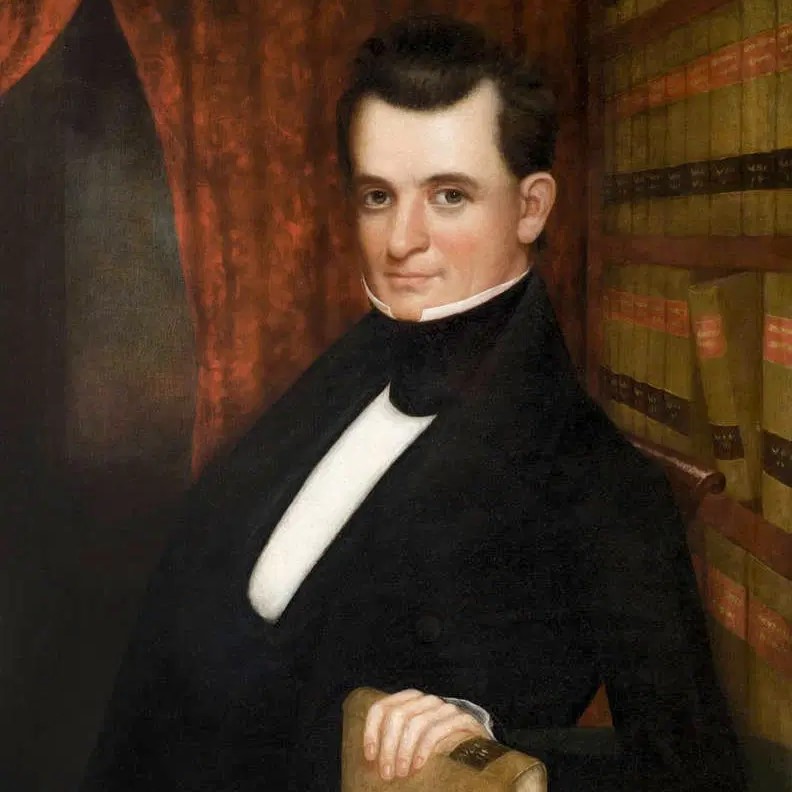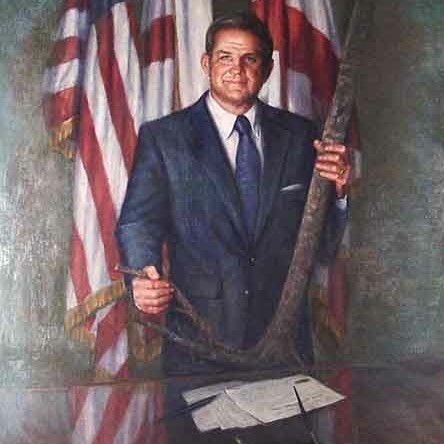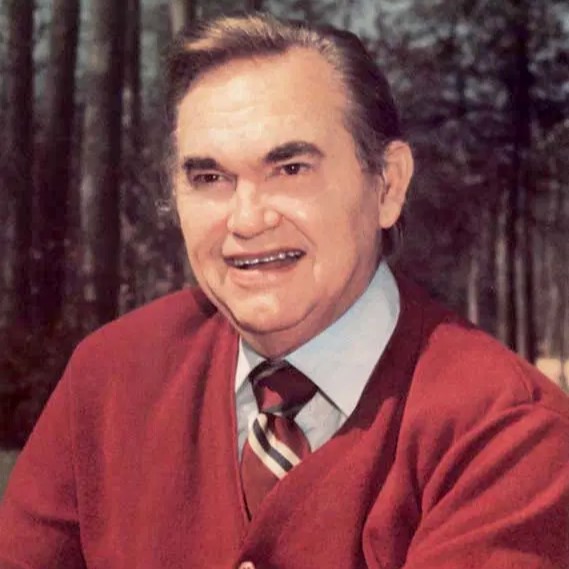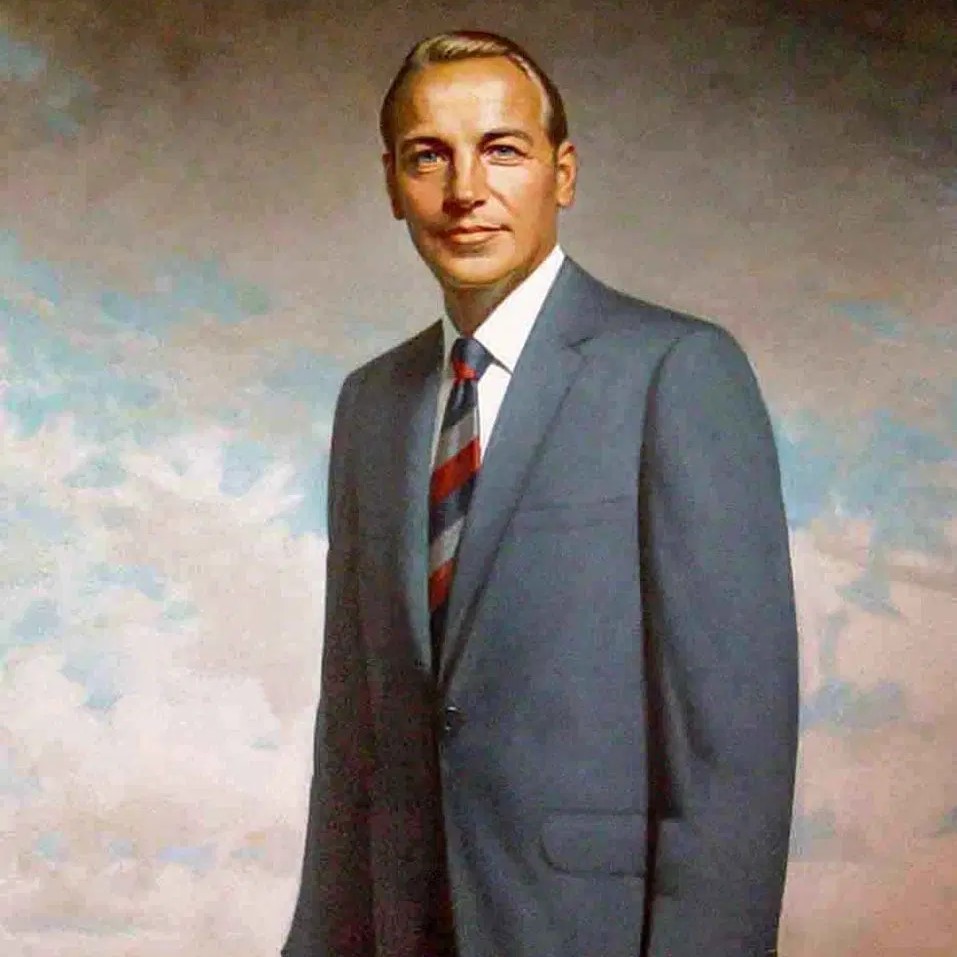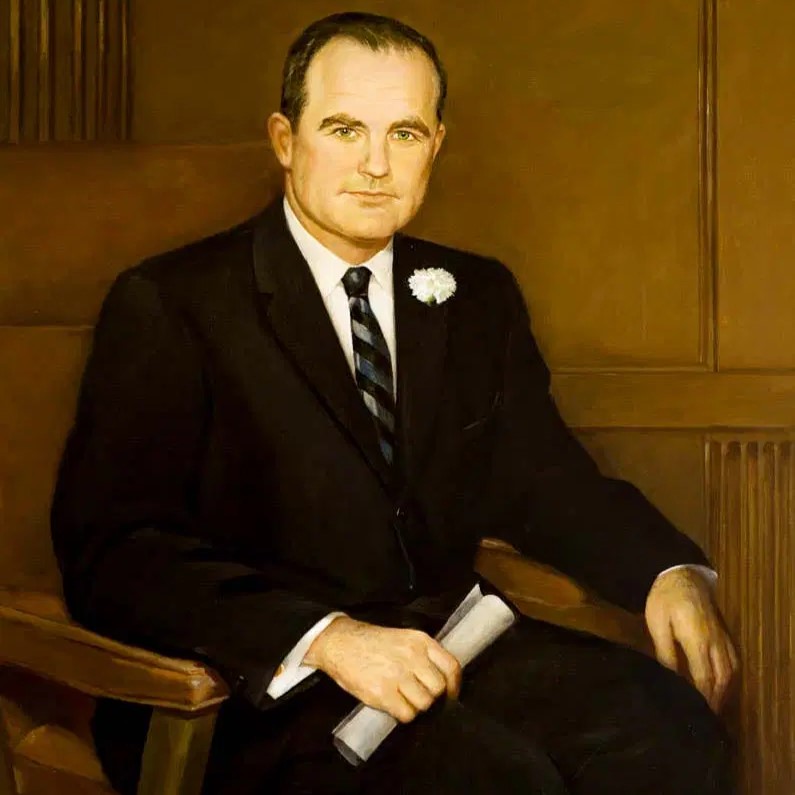This website uses cookies so that we can provide you with the best user experience possible. Cookie information is stored in your browser and performs functions such as recognizing you when you return to our website and helping our team to understand which sections of the website you find most interesting and useful. Please see our privacy policy for more information.
Alabama
Gov. Henry Watkins Collier
- December 17, 1849 - December 20, 1853
- Democratic
- January 17, 1801
- August 28, 1855
- Virginia
- Married Mary Ann Battle; three children
About
HENRY WATKINS COLLIER, Alabama’s 14th governor, was born in Lunenburg County, Virginia, on January 17, 1801, to James and Elizabeth Collier. He was educated mainly in South Carolina, but migrated to the Alabama Territory in 1818 with his family. He studied law in Nashville, Tennessee, and was admitted to the Alabama bar in 1822. Collier opened a private law practice in Huntsville, Alabama, and later became a partner in a firm in Tuscaloosa. He entered politics in 1827 when he was elected to the state legislature. The following year, he was appointed to the state supreme court, serving until 1832. He was reappointed to the bench in 1836 by Governor Clement Comer Clay, and became chief justice in 1837. He served in that capacity for 12 years. Collier was nominated by the Democratic Party and ran unopposed for governor. He was elected Governor of Alabama on August 8, 1849, and was sworn into office on December 17, 1849. Three days before he assumed office, the state capitol at Montgomery was burned; however, it was rebuilt during his tenure in office. Collier was a supporter of prison reform, he encouraged the introduction of textile mills to the state, and he promoted a better administration and more equitable funding for education. Also during his term, the Alabama Historical Society was formed, and the Alabama Hospital for the Insane was authorized. The Compromise of 1850 was the most important issue of Collier’s administration, and he readily accepted the compromise over immediate secession. Collier was reelected to a second term on August 4, 1851, and left office on December 20, 1853. He declined a seat in the U.S. Senate, and retired to private life. He settled in Bailey’s Springs, Alabama, and died on August 28, 1855.
Source
Sobel, Robert, and John Raimo, eds. Biographical Directory of the Governors of the United States, 1789-1978, Vol. 1, Westport, Conn.; Meckler books, 1978. 4 vols.

